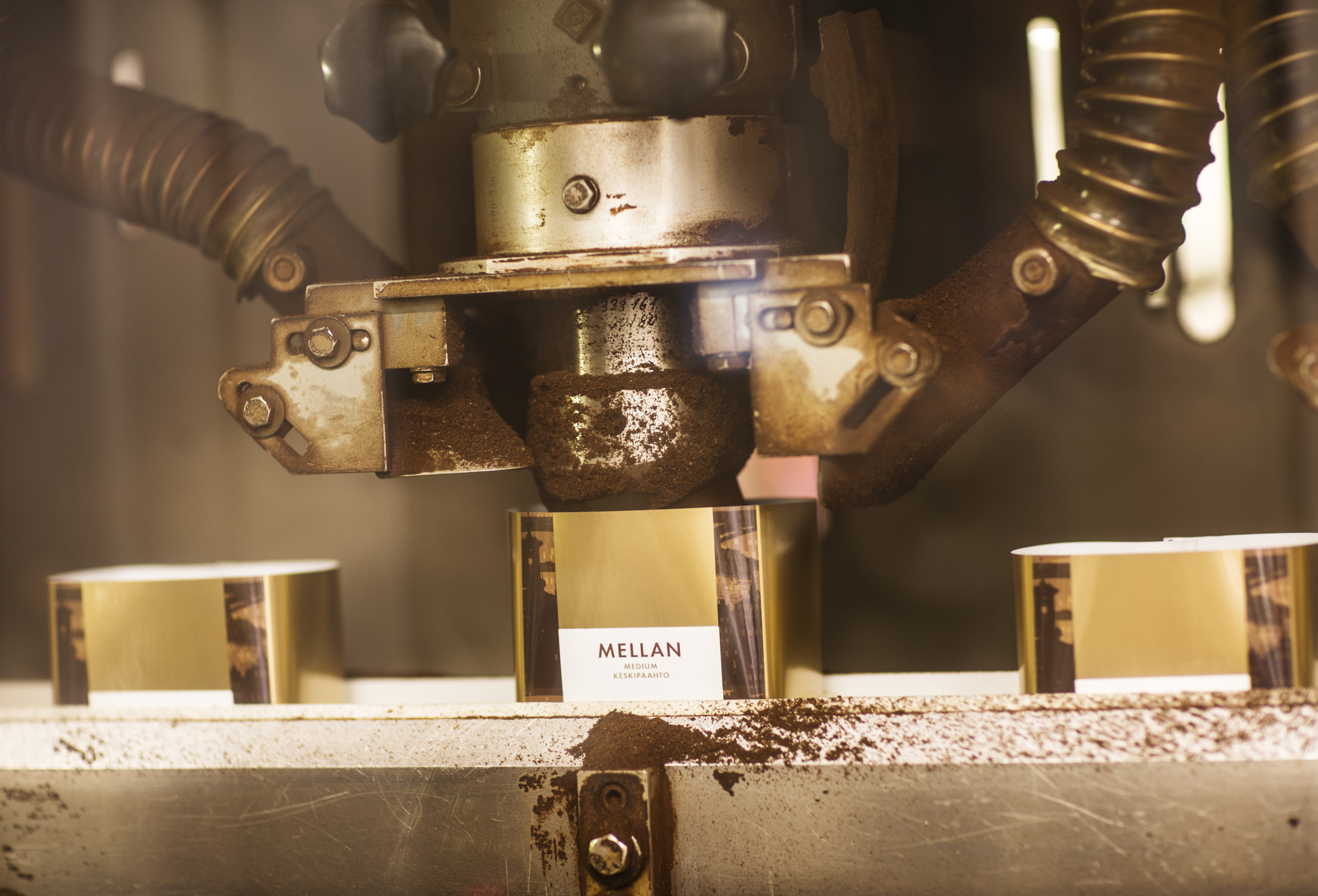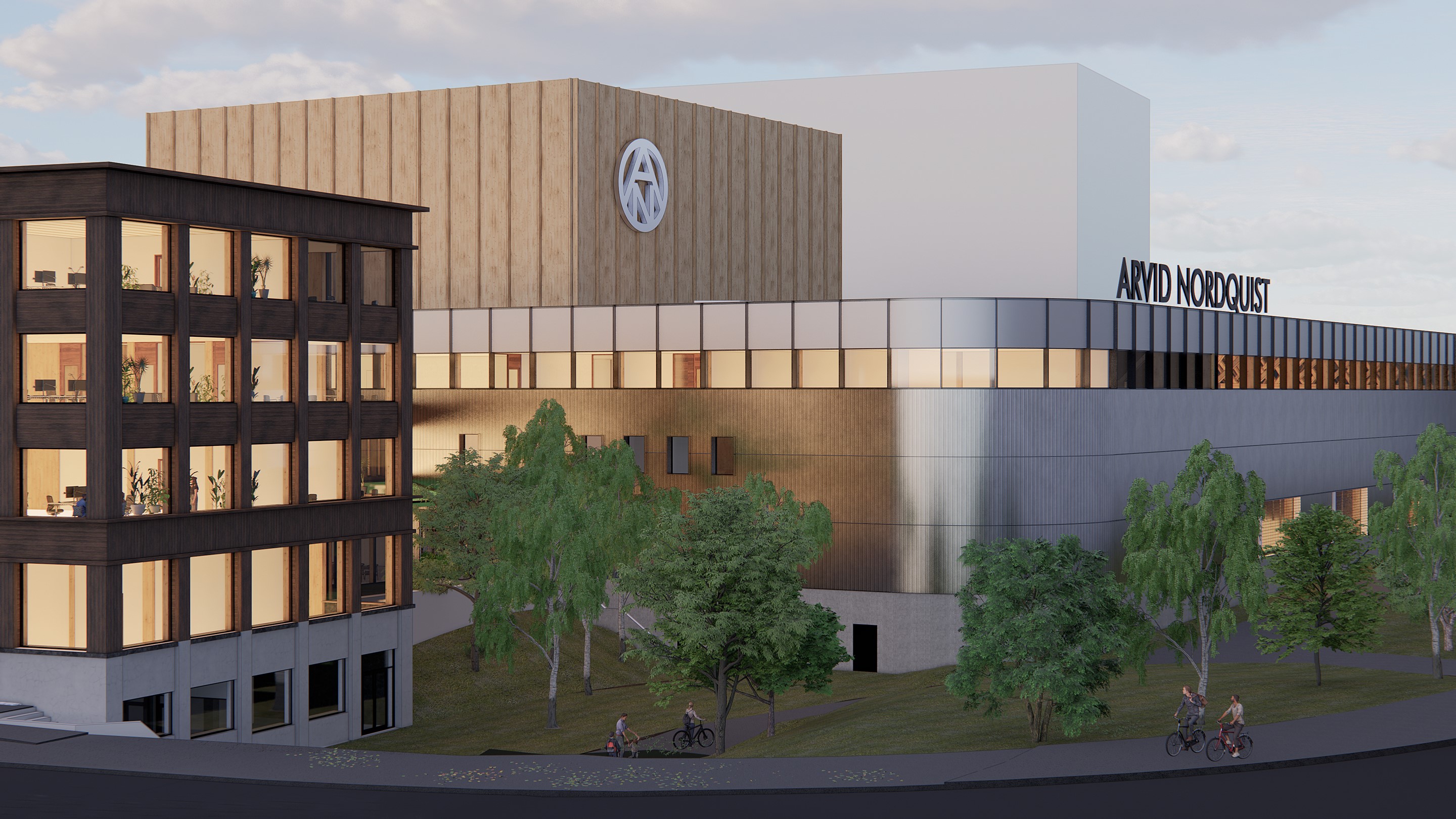THE Coffee Roastery
CO₂e emissions: 0.1%
Roasting plays a crucial role in developing the coffee’s flavour. It also requires significant energy and takes place at high temperatures. Additionally, roasting can produce airborne emissions in the form of particles and gases, which impact both the climate and local air quality. Therefore, we have taken—and continue to take—concrete steps to reduce our environmental impact from roasting.
Since 2017, all our coffee has been roasted using biogas, a renewable energy source that has reduced emissions from the roastery by 85–96% compared to propane. Since 2009, our production has been powered entirely by wind and hydropower, certified by the Swedish Society for Nature Conservation’s “Bra Miljöval” eco-label. We are audited annually by independent environmental auditors.
Our roastery is certified to ISO 14001 environmental management standards, meaning we continually work to reduce our environmental impact and have external auditors verifying our efforts.

Our New Roastery
Completed in 2025, Sweden’s first wooden roastery is one of the few of its kind in the world. We have operated our coffee roasting facility in Solna since the 1960s but have now outgrown our premises and are delighted to embrace the future in Järfälla Municipality.
Our vision is to build a modern, efficient, and resource-conscious coffee roastery that minimises environmental impact while providing a pleasant working environment for both roasting and office staff.
The 24-metre-high roasting hall and production facility have a structure made of 70% wood, with the office section reaching 90% wood construction, delivering significant climate savings from the very start of construction. The building will be certified to the Miljöbyggnad Silver standard, which sets high demands for energy efficiency and environmental performance.
The roastery is equipped with the latest gas cleaning technology, including advanced filtration and catalytic solutions, to minimise emissions of particles, odours, and volatile organic compounds (VOCs) into the air. This new technology enables highly efficient purification of process air, improving both our climate impact and local air quality.

